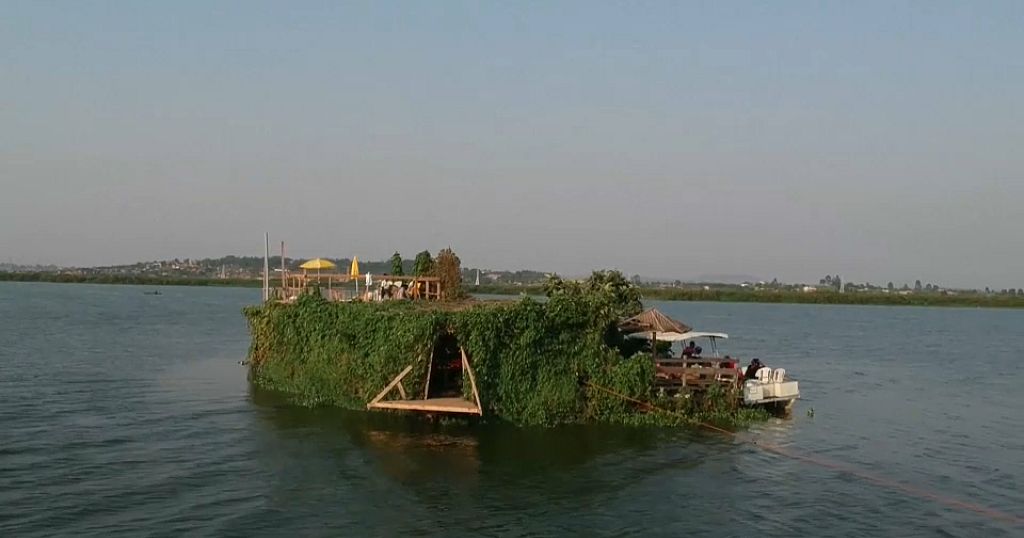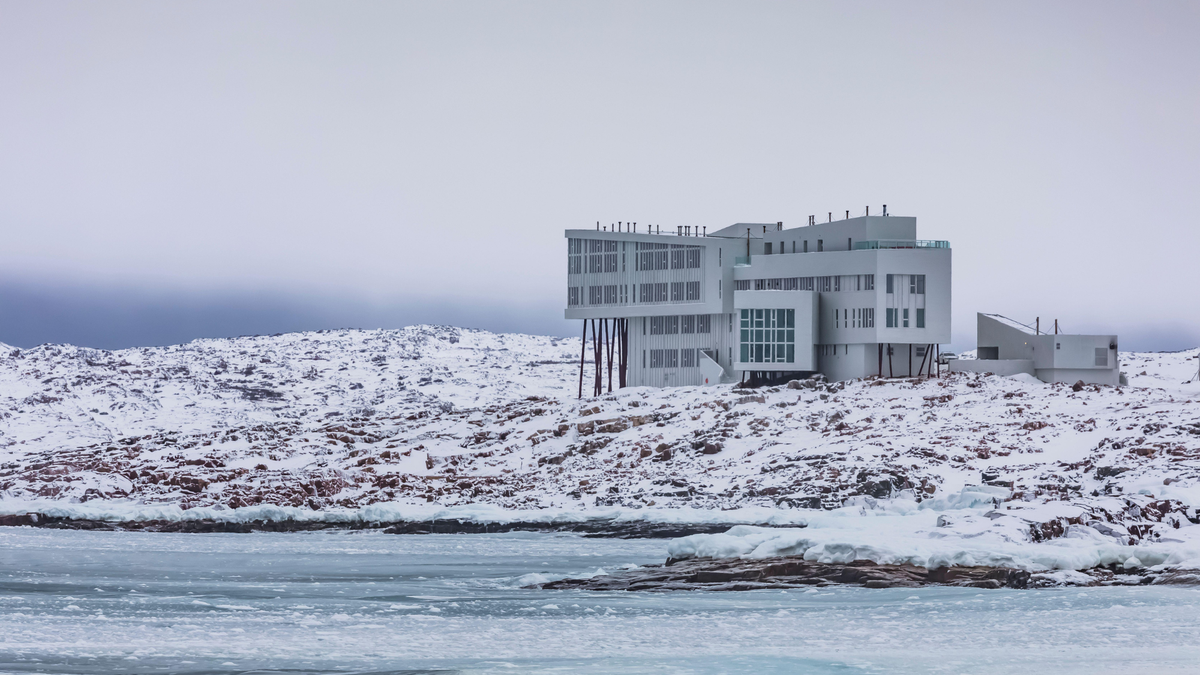Flowering vegetation increase as if magically from Lake Victoria on to a wood boat, providing it a leafy ambiance that enchants lots of visitors.
A guy in Luzira, Uganda has uncovered a unique way to recycle plastics by earning a significant vessel created entirely out of plastic squander and ecofriendly supplies.
James Kateeba hopes his generation, referred to as Floating Island, will stimulate recycling and conclude littering in Lake Victoria.
“The vessel is anchored employing cords hooked up to the mainland. It’s sitting down on a bare minimum of 10 tonnes of plastic bottles. It could keep up to about 100 to 120 folks in consolation.”
Previous tour guide James Kateeba started off setting up the boat in 2017 to response first the query of what to do with tonnes of plastic waste ending up in the lake when it rains greatly.
“Bottles get into Lake Victoria from runoff drinking water, like when it rains. Most instances actually it is runoff drinking water that is not properly managed from the mainland they end up in the lake and at times men and women just throw them carelessly as they go to their day by day work.”
Following, he understood that the boat also could be an example of a sustainable enterprise on the shores of Uganda’s Lake Victoria — a floating cafe and bar that could be unmoored to drift for enjoyment.
Lots of who arrive to relax right here on the lake shore in the suburb of Luzira, in the Ugandan funds of Kampala, have no plan of the boat’s roots, but Kateeba insists it is initial and foremost “a conservation effort,” a single man’s exertion to perform his part in guarding a terrific lake from degradation.
The preliminary attraction gets far more persuasive when holidaymakers to Uganda understand that the greenery emerges from an progressive recycling venture which employs countless numbers of grime-encrusted plastic bottles to anchor the boat.
Jaro Matusiewicz, a businessman visiting from Greece suggests he had “never viewed a area like this,” praising its “accommodative” environment as he dug into fish and chips on a maiden visit.
“He has a large Island in fact but I hardly ever listened to of something like this in Africa, especially using the bottles which are gathered from Lake Victoria, which is now a massive in addition simply because you are not only cleaning the surroundings but also providing some thing very distinctive.,” claims Matusiewicz.
Africa’s Lake Victoria, the world’s next-greatest freshwater lake which spans 3 nations around the world, is plagued by pollution which include runoff squander, sand mining and a drop in drinking water degrees in element because of to local climate improve.
Levels of plastic waste float near some beaches for the duration of the rainy period, a seen sign of air pollution that’s a be concerned for fishing communities greatly dependent on the lake.
Kateeba began by asking fishermen from nearby landing web sites to acquire plastic bottles for a tiny cost.
Additional than 10 tonnes of bottles were being introduced to him within six months.
Batches had been tied up in fishing nets and packed with grime, generating the good bases anchoring the boat but which also are fertile grounds for climbing vegetation below and there.
Kateeba’s boat has become a huge attraction for men and women who visit the island from many elements of the country.
Joseph Bongomin, a common at the floating island, states it is refreshing to have anything unique in which the community associates can appear and take pleasure in.
“We experienced formerly a beach front but due to drinking water actions it got busted so we started out travelling to other locations exactly where we could get some recreation. But when this brother of ours arrived and opened this floating island, that’s when we commenced finding the information we commenced coming in,” points out Bongomin.
“Later on it started bringing in much more impression and we felt our place, a growth of this mother nature that experienced occur, we need to be aspect of it,” he says.
Kateeba’s effort and hard work of conservation is also shelling out off as the roots from the fig trees and shrubs deliver a breeding ground for fish.
“We get fishermen catching catfish, catching lung fish and tilapia less than this. We created house beneath this vessel which is very good for the fish population in this region,” suggests Kateeba.
A acquainted task
A equally minded project was launched in 2018 from the beaches of the Kenyan coast, that one involving the making of a smaller boat, acknowledged as the Flipflopi, totally from plastic squander gathered from sandy shores and cities.
In 2021 the Flipflopi went on a voyage of Lake Victoria in get “to raise recognition of the pollution plaguing the region’s most vital freshwater ecosystem,” according to the United Nations Ecosystem Plan.





